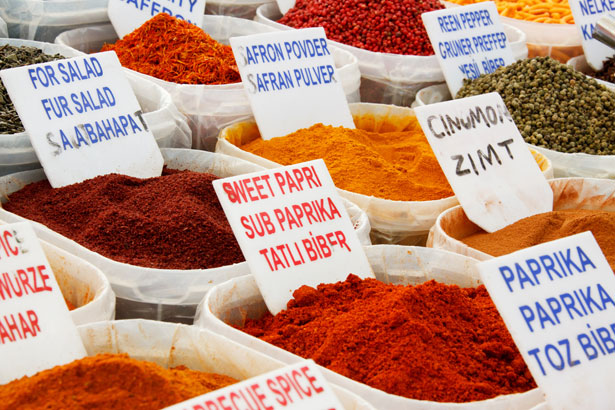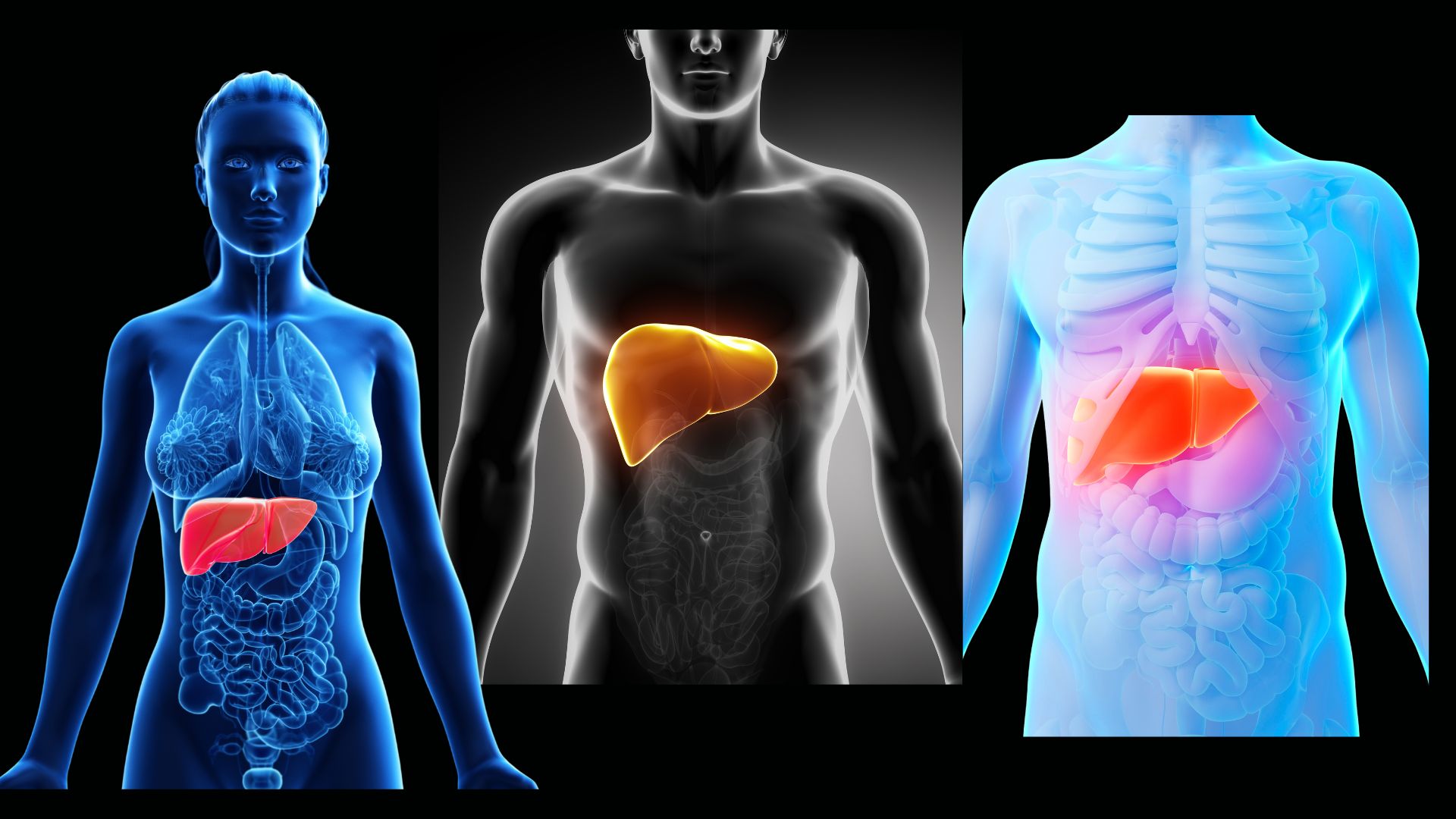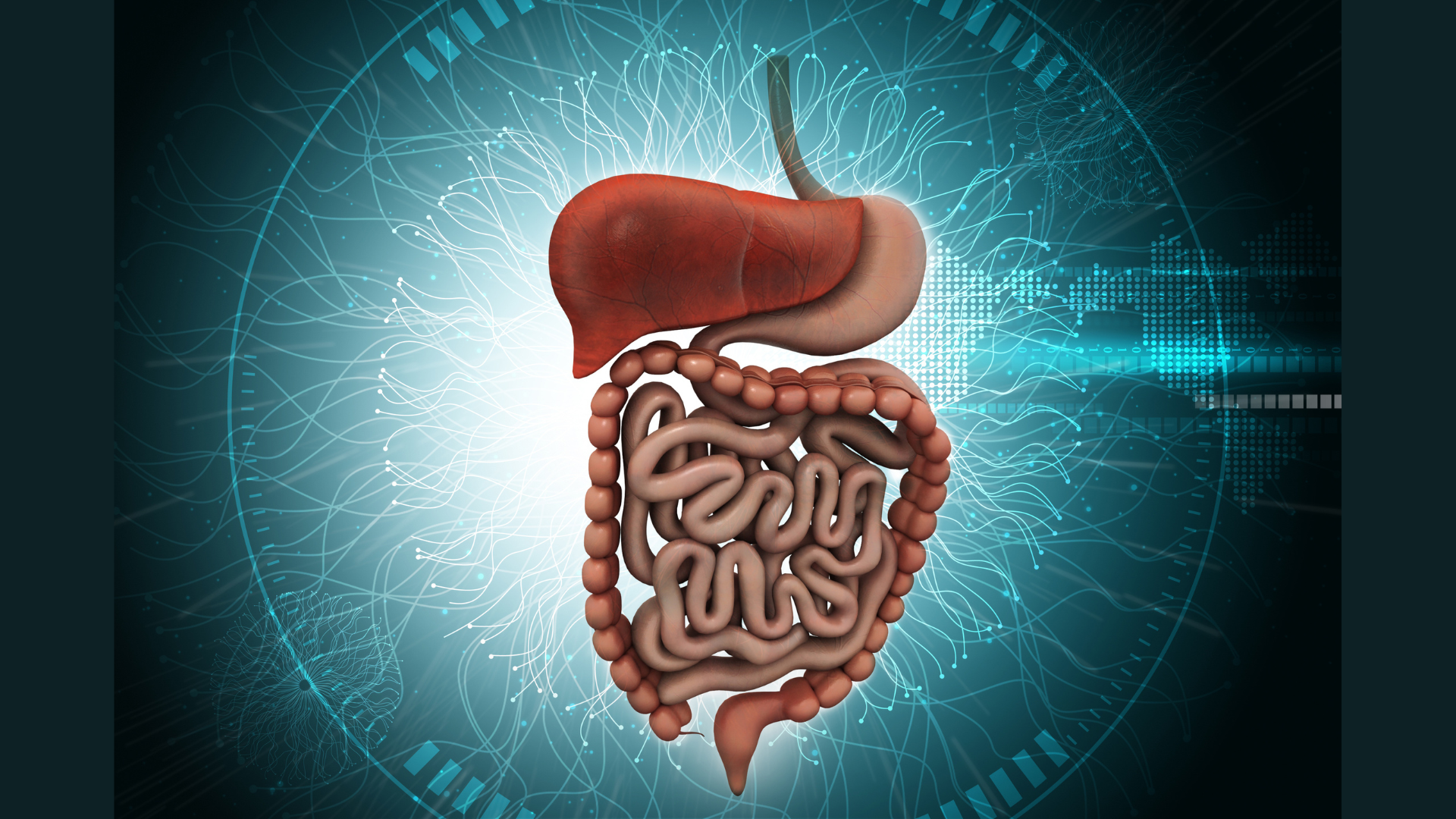Herbal Nutrition
Herbal nutrition is the use of herbs or plant products to supplement daily nutrition. This may include the leaves, seeds, stems and may be used as food, spices or even medicinal treatment in some cases. Often herbs may be dried and put in capsule or tea form but fresh herbs like cilantro, garlic and ginger, may also be used in food preparation as in juices, soups or stews.

The most common herbal nutrition is used for healing, which is why it is often associated with holistic nutrition or herbal cleansing. Common herbal remedies include dandelion and milk thistle for the liver, St. John's Wort for depression and marshmallow to strengthen the intestinal tract. While herbs have roots in traditional healing methods, there is scientific evidence that there are beneficial compounds in herbs including, vitamins, minerals and other phytochemicals that have a positive effect on the body.
Phytochemicals are the various compounds in food that have been identified as having an effect on human health. These may include anthocyanins, a type of flavenoid which gives produce a blue , red or purple hue. They are more obvious in colorful foods such as grapes, strawberries, blue or blackberries and even plums and are the reason some consider wine to be healthy. Evidence shows these compounds may reduce internal inflammation (associated with heart disease), and are beneficial for treating ailments such as diabetes as well as trap free radicals, which are known to cause cancer.
Other well known phytochemicals include beta-carotene (which the body converts to Vitamin A), folic acid and ascorbic acid (Vitamin C). These are all necessary nutrients which are found naturally in plants. Because they are in their natural state (in the plant), they become biologically available, therefore highly beneficial, when the plant is consumed.
Herbal Nutrition in Everyday Life
Garlic is one of the most well known and popular herbs for cooking. Entire books are written on the benefits and some call it the world's healthiest food. Popular in Italian dishes, this tasty but stinky rose is possibly one of the most researched herbs today. According to the National Institutes of Health it reduces the effect of atherosclerosis (hardening of the arteries), can help lower blood pressure, reduce risk of developing colon, rectal and stomach cancer.
Cinnamon is a strong stimulator of insulin activity therefore it is potentially helpful for those with adult-onset diabetes. When seasoned with cinnamon, a high-carb food will have less of an impact on blood sugar levels. In addition, it has been shown to help prevent blood clots. A substance found in cinnamon, called cinnaldehyde, inhibits the release of an inflammatory substance which prevents clumping of blood platelets.
The oil of cinnamon also stops the growth of problematic bacteria, fungi and yeast (candida). In fact, some studies are showing it to be an effective food preservative.
Here's
a tidbit many people don't know; these benefits only apply to real
cinnamon. Most spices sold as cinnamon are actually a cousin of it
called "cassia." To find the real cinnamon, look for Ceylon
Cinnamon. It's light brown, the "sticks" are thin, soft,
sweet, and filled (like a cigar). If using the “oil” check the
source of the oil to ensure it is truly the herb you are seeking.
Maca
is a Peruvian plant that is a relative to the radish. It has been
used in traditional medicines throughout history for its
effectiveness in aiding the female hormonal cycle. It is not use as
a supplement for anemia, chronic fatigue, energy, depression,
osteoporosis and even to arouse sexual desire.
Fiber
Nutrition
is used for those who feel they do not eat enough dietary fiber.
This type of herbal nutrition is found in plants such as the plantago
ovata used for psyllium fiber. Cellulose from wheat or lignans from
flax seeds. They may be soluble, which dissolves in liquid or
insoluble, which does not. They both have health benefits from
increasing healthy gut bacteria, improving heart health, clearing
waste from the digestive tract, lowering cholesterol and improved
immune function. Too much can be a problem, especially if one is
prone to constipation.
Green
Superfoods
include grasses, seaweeds and plants such as alfalfa, broccoli and
spinach. These are used by many as daily nutrition as they contain
high amounts of chlorophyll to help detoxify the body, plant proteins
which are highly bioavaliable to our bodies as well as plenty of
minerals.
Herbs that cleanse are commonly used for herbal cleansing because they support our organs that naturally help our bodies cleanse and detoxify. They may include dandelion or milk thistle for liver support, burberry to help cleanse the digestive tract and fiber to help clear built up waste and attract toxins.
Herbal nutrition is the most natural way to supplement your daily nutritional intake. Herbs are food, in the plant family, and can aid in many health issues when used with a healthy diet, often without harmful side effects. However, if you do take medications, it is always a good idea to check with your medical doctor to ensure the herbs will be compatible with them.




